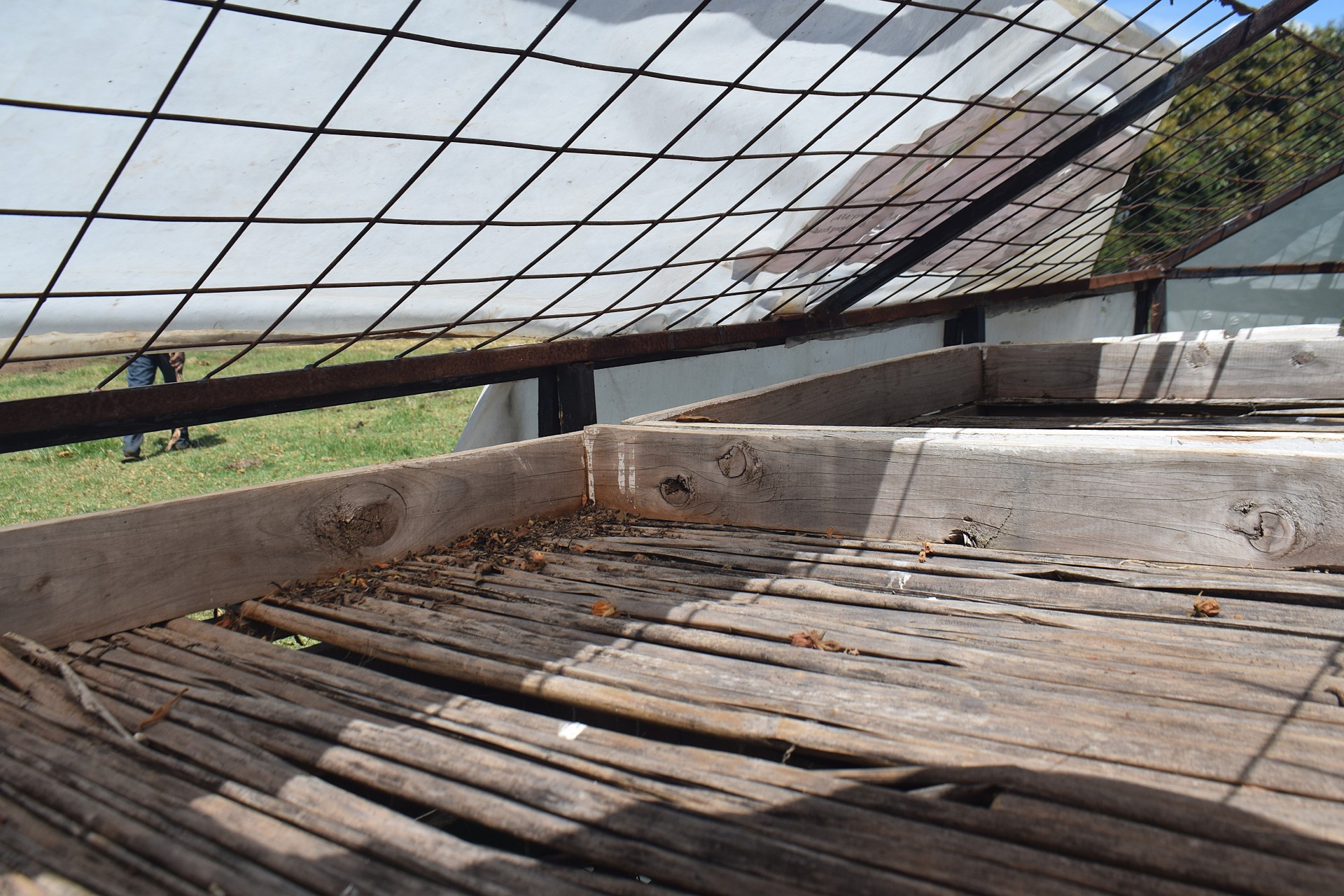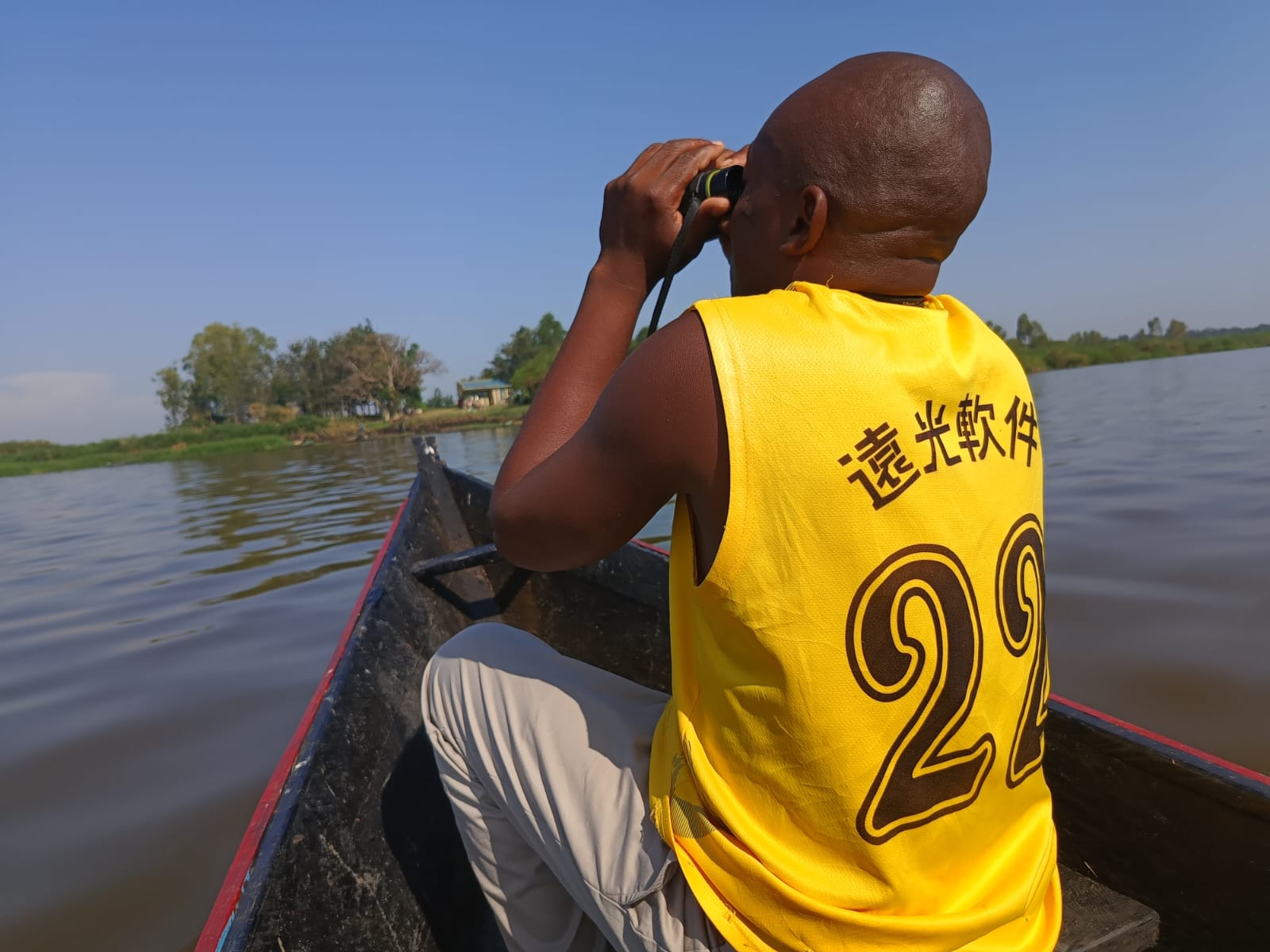- World Water Week 2025 kicked off in Stockholm and online on August 24 and is ongoing until August 28. The spotlight is on water’s vital role in climate mitigation and resilience, biodiversity protection, and sustainable development.
World Water Week 2025, held in Stockholm and online from August 24 to 28, has once again reminded the world of a simple truth: water is survival.
The spotlight for the week was on water’s vital role in climate mitigation and resilience, biodiversity protection, and sustainable development.
The theme 'Water for Climate Action' calls for urgent, cross-sectoral collaboration to protect freshwater systems from mounting threats.
Freshwater lakes and rivers are lifelines for ecosystems, economies, and communities. In Kenya, they support agriculture, energy, fisheries, and drinking water for millions of people. Yet, these vital resources are under siege.
According to United Nations Environment Programme (UNEP), 85% of Kenya is arid or semi-arid, and water scarcity is worsening due to population growth, pollution, and climate change.
By 2050, Kenya’s per capita water availability could fall to just 293 m³, far below the global threshold of 1,000 m³.
Lake Victoria, Kenya’s largest freshwater body, is a case in point. It faces pollution from untreated sewage, industrial emissions, and agricultural runoff.
Studies have detected heavy metals, banned pesticides, and faecal (waste material from digestive system of a person or animal) contamination in its waters, posing serious risks to biodiversity and public health.
The threats to Freshwater and Human Livelihoods are:
Climate Change: The rising temperatures and rainfall disrupt lake levels, increase flood risks, and reduce water quality.
Environmental Degradation: Deforestation and the loss rivers, lakes and wetlands around water towers like Mau and Mt. Elgon reduce natural water storage and filtration.
Biodiversity Loss: Invasive species and pollution threaten endemic fish and aquatic life.
Water-Borne Diseases: Contaminated water sources fuel outbreaks of cholera, dysentery, and bilharzia.
Livelihood Disruption: Fisher folk, farmers, and urban communities face economic instability and health risks.
Kenya’s government is aligning its national strategies with the World Water Week theme:
The Ministry of Water, Sanitation & Irrigation is expanding Integrated Water Resource Management (IWRM) and investing in water infrastructure. The Principal Secretary (PS) for Water and Sanitation, Julius Korir represented Kenya at the World Water Week 2025.
“Water-energy nexus are key to sustainability and climate resilience”, he said in a statement.
Cabinet Secretary for Environment, Climate Change & Forestry, Dr Deborah Barasa urges counties to continue to use the FLLOCA programme to restore water catchment areas and protect ecosystems.
The Ministry of Health (MoH) is also strengthening water safety protocols to reduce disease outbreaks linked to contaminated sources.
Machakos Governor, Wavinya Ndeti Oduwole, echoed the urgency of water access in communities:
“Clean and safe water is the lifeline of every community. We are committed to delivering reliable water access for all by taking services right to the people”, “From drilling and rehabilitating boreholes to constructing dams and ensuring consistent supply.”
She added that her administration remains committed to making sure no one is left behind when it comes to affordable, safe, and sustainable water for daily use.
Her statement reflects the growing role of county governments in delivering water solutions that are both climate-resilient and community-driven.
These ministries are working together to ensure environmental health underpins public health and economic resilience.
UNEP is promoting nature-based solutions and spotlighting Kenya’s regional leadership in water governance.
SIWI, the host of World Water Week, is facilitating knowledge exchange and accountability frameworks for water-climate action.
UN-Water is supporting Kenya’s progress on SDG 6 through technical assistance and policy alignment. It explores how financing partnerships can accelerate progress toward water and sanitation ahead of the UN 2026 Water Conference.
WWF-Kenya is working with communities to restore degraded water towers and protect aquatic biodiversity.
These partnerships are helping Kenya scale up its efforts, mobilize funding, and integrate water into broader climate and development strategies.
As World Water Week 2025 reminds us, water is more than a source-it's survival. In Kenya and beyond, protecting freshwater systems is essential to fighting climate change, conserving biodiversity, and securing human livelihoods.
With coordinated efforts from ministries, communities, and global partners, the path to sustainability is already underway.

-1756213368.jpeg)


-1769677767.jpg)

